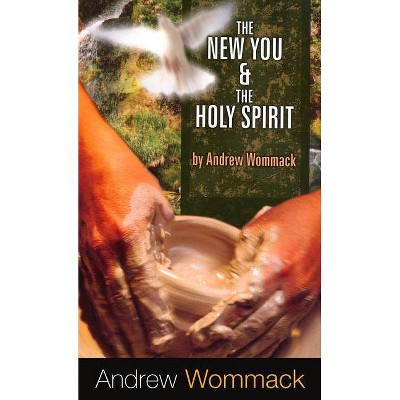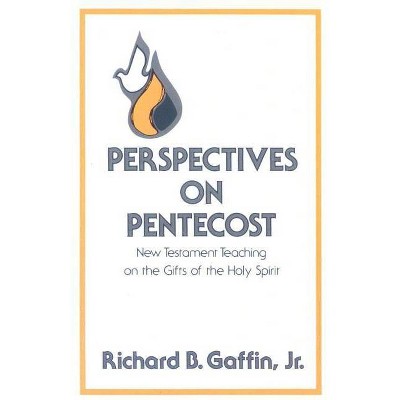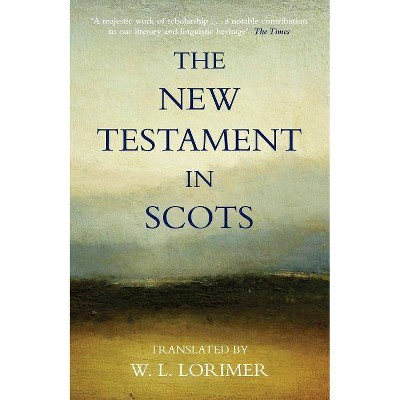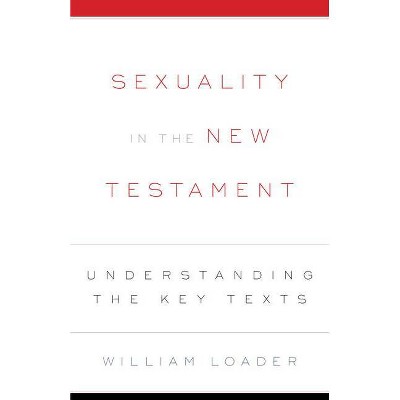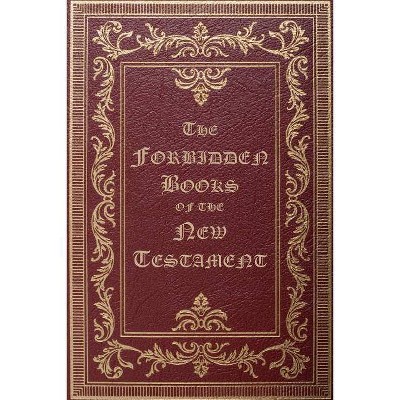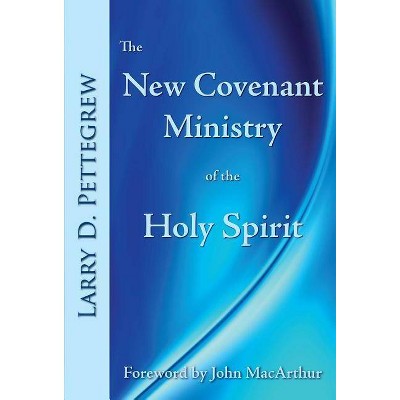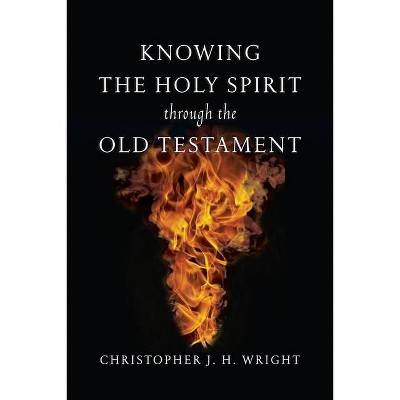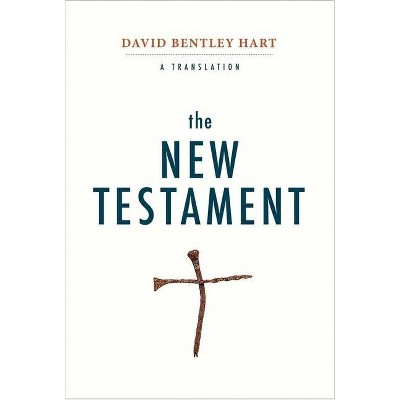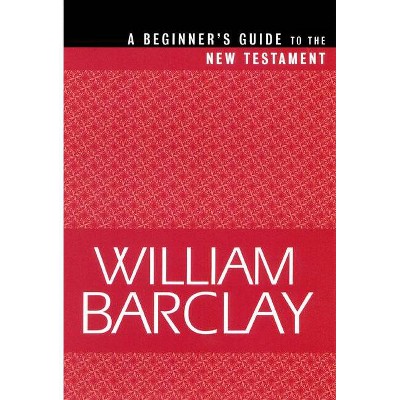The Holy Spirit in the New Testament - by William A Simmons (Paperback)
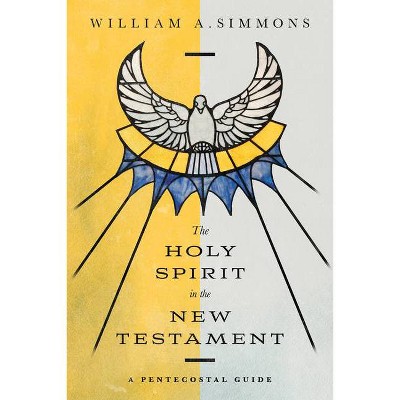
Similar Products
Products of same category from the store
AllProduct info
<p/><br></br><p><b> About the Book </b></p></br></br><p>With an ever-increasing number of Christians worldwide self-identifying as Pentecostal or charismatic, the church needs a Spirit-centered interpretation of Scripture informed by a Pentecostal lens. In this accessible New Testament introduction, each chapter explores the presence of the Spirit in a biblical book, then offers devotional applications to help readers respond to the text.</p><p/><br></br><p><b> Book Synopsis </b></p></br></br><p> <strong>In the early church, miraculous workings of the Holy Spirit were normal and normative.</strong> Today an ever-increasing number of Christians worldwide self-identify as Pentecostal or charismatic. William A. Simmons argues that this means the church needs a Spirit-centered interpretation of Scripture informed by a Pentecostal lens.</p><p>In <em>The Holy Spirit in the New Testament</em>, Simmons provides an accessible New Testament introduction that discusses themes and passages of particular interest to Pentecostal readers. Each chapter explores the presence of the Spirit in a biblical book, then offers devotional applications to help readers respond to the text. In Matthew, for example, we discover that there is no Messianic era apart from the Spirit. For Paul in Romans, the Holy Spirit is the authenticating power and emotive heart of God. And Revelation is permeated with the illuminating voice of the Spirit from beginning to end.</p><p>A Spirit-centered reading breaks down divisions between reason and spirit, mind and emotion. This book opens a dialogue between the academy and the church, demonstrating how sound exegesis speaks to Spirit-filled Christians. In the world and writings of the New Testament authors, we continue to encounter the revelatory presence of God.</p><p/><br></br><p><b> Review Quotes </b></p></br></br><br><p>A book like this is long overdue, and Dr. Bill Simmons is the one to address this topic. His years of research, training, and teaching of the New Testament in a Pentecostal setting imminently qualifies him to author <em>The Holy Spirit in the New Testament</em>. It speaks not only to the mind but also to the heart.</p>--Tim Hill, general overseer, Church of God (Cleveland, Tennessee)<br><br><p>The Holy Spirit speaks holistically, addressing our mind, our heart, our emotions, and our conduct. <em>The Holy Spirit in the New Testament: A Pentecostal Guide</em> demonstrates the integrated work of the Spirit on every page. This scholarly work is tailored for the ministry of the local church and is an excellent source for small groups as well.</p>--Mark L. Williams, lead pastor, North Cleveland Church of God<br><br><p>Pentecostals and charismatics read the Bible as the Word of God for us today, insisting that the Spirit actively speaks through the text. That same Spirit, of course, indwells and empowers us as he did the first followers of Jesus. William Simmons builds on these emphases in <em>The Holy Spirit in the New Testament</em> while incorporating thoughtful and practical (another typical Pentecostal value) exegesis of New Testament texts. As a Pentecostal myself, I am grateful for a kindred spirit like Simmons who is also living in that sometimes awkward but also hopeful space between the church and the academy. May his book remind us all that the Spirit is present there as well.</p>--Holly Beers, associate professor of religious studies at Westmont College<br><br><p>William Simmons certainly has his finger on the pulse of global Christianity and the phenomenal growth of the Pentecostal and charismatic movement, as well as the concomitant need for sound and lively theology for this church. He has written a helpful New Testament theology of the Spirit that honors the third person of the Trinity and opens the door for a drawing together of the incarnational and the pneumatic--that is the person and work of the Son and the Spirit--in Christian life and thought. This book may be a further contribution to the movement called 'Third Article Theology, ' in which theology is viewed from the lens of the third article of the Nicene Creed. This attempt to overcome dualisms and bring together what is not separated in organic theology--that is exegesis and devotion, theology and praxis, the Christian mind and Christian spirituality and ethics--by the power of the Spirit, by means of a focus on the Spirit in each book of the New Testament, is indeed commendable.</p>--Ross Hastings, Sangwoo Youtong Chee Professor of Theology at Regent College<br>
Price History
Price Archive shows prices from various stores, lets you see history and find the cheapest. There is no actual sale on the website. For all support, inquiry and suggestion messagescommunication@pricearchive.us

